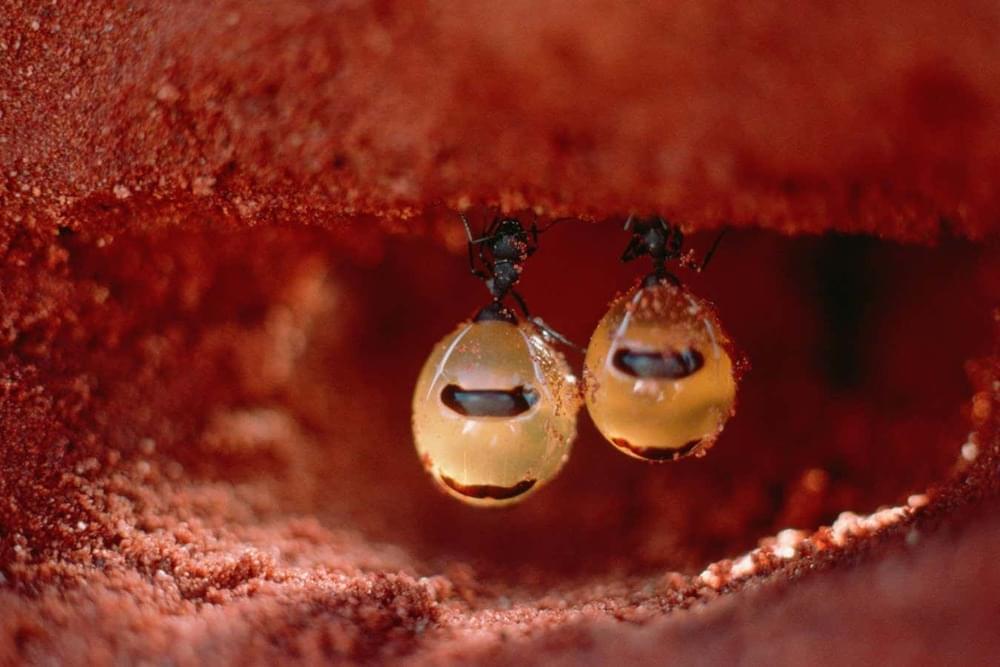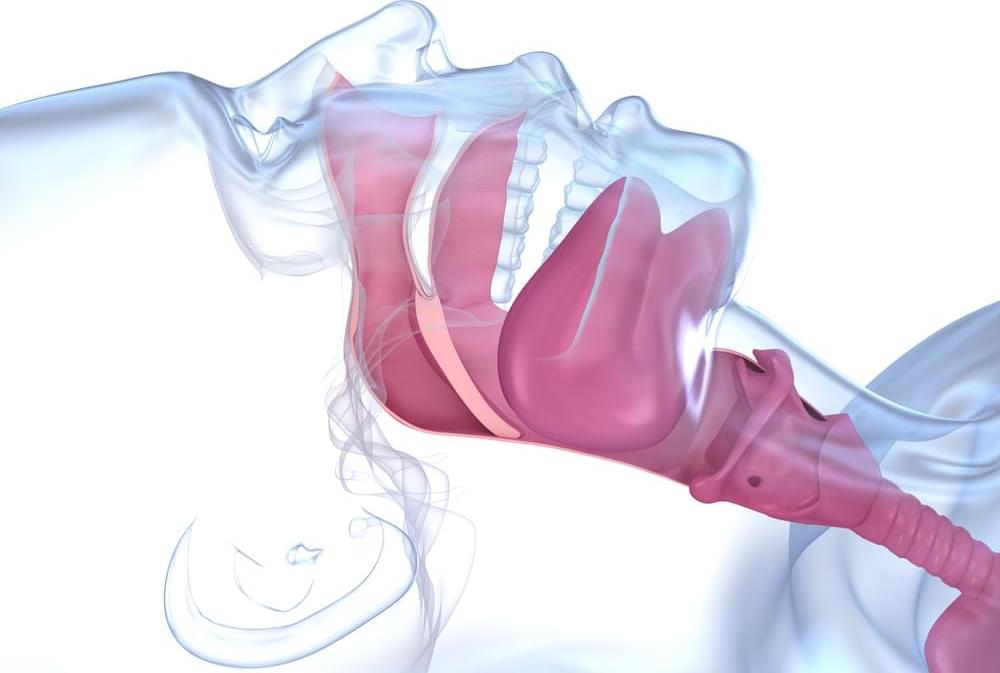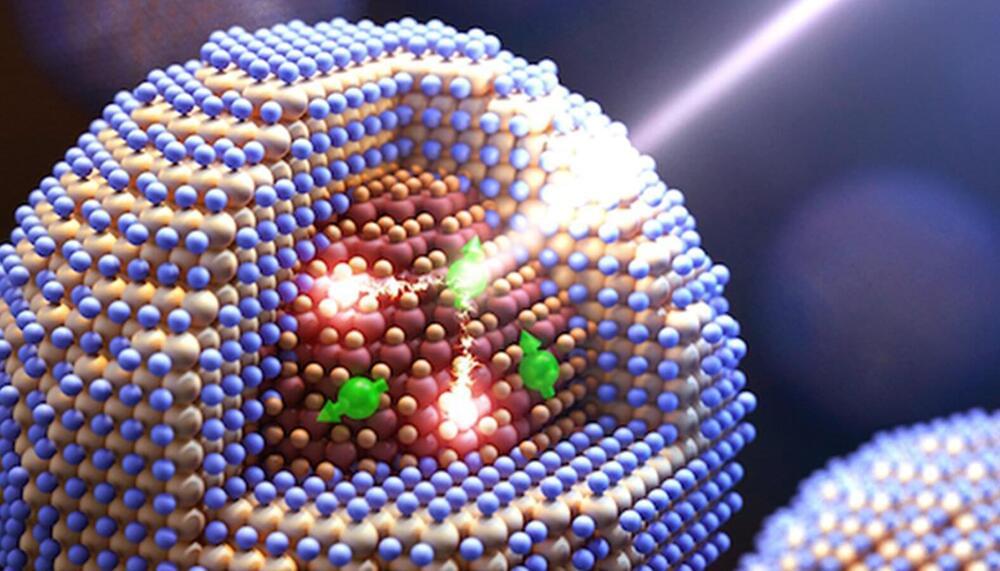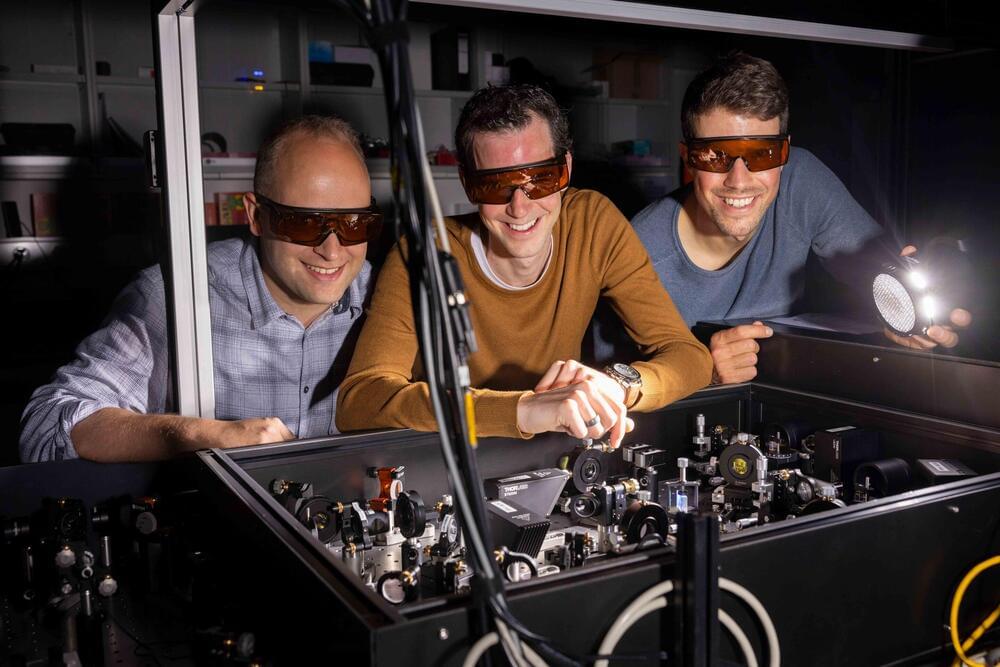Crohn’s disease affects four million people worldwide. The condition causes debilitating symptoms such as chronic fatigue, diarrhoea, abdominal pain, weight loss and malnutrition.
Once symptoms develop, Crohn’s is a lifelong condition – and while there are ways to manage symptoms during flare-ups, there’s currently no cure.
The exact causes of Crohn’s disease are unknown and are probably due to a number of complex and overlapping factors – such as genetics, environmental cues (such as smoking) and an immune system that’s overactive in the gut.







